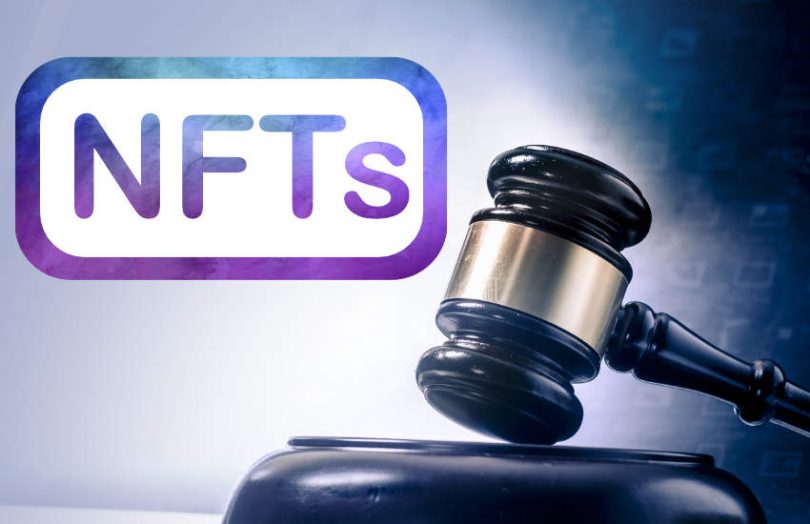When the popularity of non-fungible tokens (NFT) took off last year, most assumed that collectibles could never be securities. Given the regulatory compliance involved in issuing securities, that classification should be avoided unless it’s intentional and desirable. Hence the features of an NFT should be carefully considered before launch.
There was quickly an awareness that if NFTs are fractionalized, the fractions start to look like fungible tokens. And those fractions of a token could very well be a collective investment or a security.
As NFTs have evolved, so have their features. If an NFT gives you an interest in some income or revenues, then that NFT is also potentially a security.
Lawyers Reed Smith state that if income is offered, it’s the passive type of income that should be avoided. Instead, it suggests that if the token holder does something activity on the token’s native platform and the revenue aspect is compensation, then that might be considered a quid pro quo and not a security.
However, it refers to staking and governance rights as examples of what might be okay.
Today SEC Commissioner Hester Peirce, suggested to the Financial Times that participating in governance could also count toward a securities classification. If you step back and think about how companies work, stockholders tend to vote on governance to determine the direction of a so-called “common enterprise”.
So the top three things to avoid are fractionalizing an NFT, offering revenues or participating in governance.
Peirce hasn’t always seen eye-to-eye with SEC Chair Gary Gensler. While Gensler believes that it’s clear which fungible tokens are securities, not everybody agrees. Peirce suggested to the Financial Times that NFTs could be one area where the SEC should provide some guidelines.







